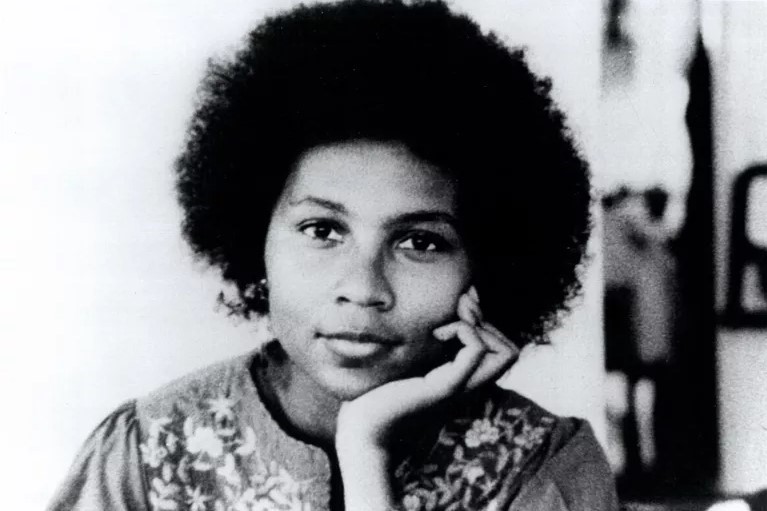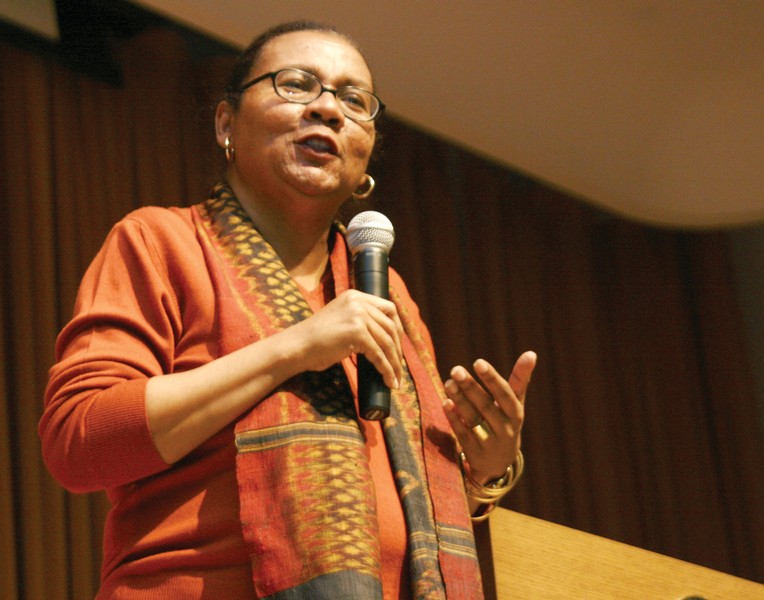Malaklou, now the inaugural director of Berea College’s recently opened bell hooks center, speaks about her friendship with hooks with gratitude, recognizing she had access to the private and mundane side of her, while others celebrated her public figure and academia.
Over the last three years of bell hooks’s life, she and Malaklou became close friends and confidants. Sometimes, she would call Malaklou to share McDonald’s cheeseburgers, even in the middle of class. It’s also well-known that hooks had an endless craving for Juicy Fruit gum: “She would ask me to order it for her in hordes from Amazon,” says Malaklou.
The rest of the world probably knows hooks best through her most popular books, “Feminism Is for Everybody,” “Teaching to Transgress” and “All About Love: New Visions,” which reemerged in the pandemic as a New York Times bestseller despite being published in 2000.
Since hooks’s passing on Dec. 15, social media has flooded with eulogies and poignant reflections on almost three decades of her work in feminism, teaching and theory. Many noted the accessibility of her language, as well as her willingness to write from life experience as a way to speak on spirituality and family.
Before she was bell hooks, though, she was Gloria Watkins, a rising scholar teaching at Yale University in the 1980s. At that time, Rachel Chapman, now a tenured professor of anthropology at the University of Washington, had the professor as her undergraduate thesis advisor. Chapman remembers that her classes were highly sought after, and that she led a support group of Black women, called “Sisters of the Yam,” who idolized her.
While working with hooks, Chapman recognized that much of her mentor’s work was concerned with the loss of Black life. “She was writing about what it means to be young and Black and angry and seeing clearly the thin line between being mad and madness, between radical action and personal self-destruction,” says Chapman.


